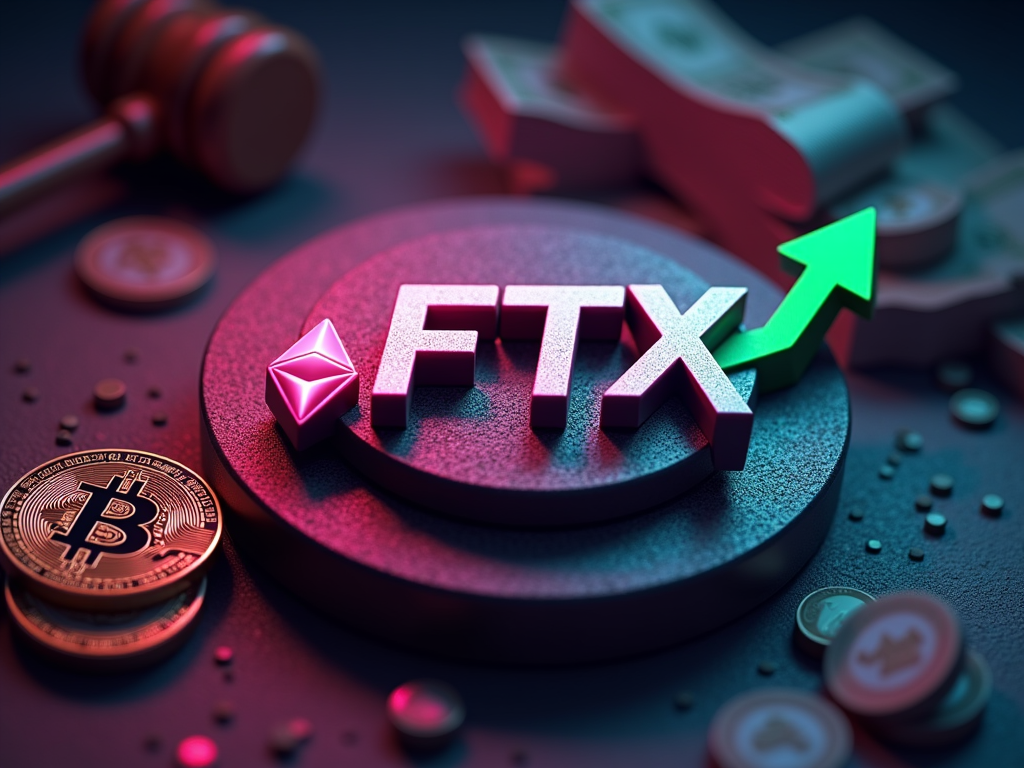Key Points
- Following a court order, the Nigerian government has frozen over $37 million worth of cryptocurrency allegedly linked to organizers of the #EndBadGovernance protests.
- The Economic and Financial Crimes Commission (EFCC) described the frozen assets as proceeds of money laundering and terrorism financing. However, the wallet owners’ identities were not revealed in the application.
Court Order Freezes Cryptocurrency Wallets
On August 9, 2024, Judge Emeka Nwite of the Federal High Court in Abuja issued an order freezing cryptocurrency wallets containing assets worth over $37 million. This action came in response to an ex parte application filed by the Economic and Financial Crimes Commission (EFCC) on August 8.
According to the Premium Times, which obtained a copy of the court decision, the EFCC described the assets as “proceeds of money laundering and terrorism financing.” The frozen assets include one wallet containing USDT37 million (equivalent to $37,061,867,869.3) and three smaller wallets with combined assets of approximately $444,569.
Link to #EndBadGovernance Protests
While the EFCC did not disclose the identities of the wallet owners in its application, sources informed the Premium Times that the federal government had traced the funds to suspected organizers of the #EndBadGovernance protests. These anti-government demonstrations, which took place from August 1 to 10, 2024, were sparked by rising living costs, economic hardship, and governance issues in Nigeria.
The freezing of these cryptocurrency assets appears to be part of a broader crackdown on individuals linked to the protests. Security forces have reportedly taken action against both protesters and those suspected of crimes committed during the demonstrations. The Nigerian government’s response has included arrests of suspected looters and even the detention of seven Polish citizens for their alleged involvement in displaying Russian flags during the protests in Kano State.
Historical Context and Government Response
This is not the Nigerian government’s first taken such measures against protest organizers. In 2020, during the #EndSARS protests, the government blocked bank accounts linked to campaigners, claiming potential connections to terrorist activities. The Central Bank of Nigeria (CBN) froze 20 accounts and sought court orders to extend the freezing period.
The current action against cryptocurrency wallets reflects a similar pattern of post-protest reaction by the Nigerian authorities. It also highlights the government’s ongoing concerns about the use of cryptocurrencies in the country, particularly in relation to protest movements and potential threats to economic stability.
As the situation continues to develop, it remains to be seen how this latest move will impact the broader landscape of protest movements and cryptocurrency usage in Nigeria.













